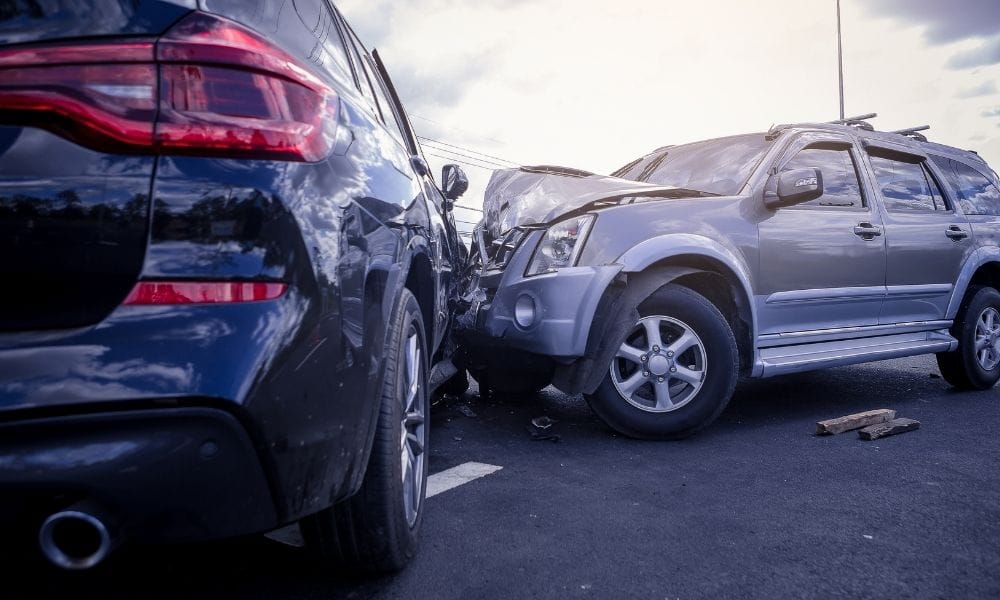

New guidance for fleets on how to tackle drug- and drink-driving has now been released from the Association of Fleet Professionals (AFP).
Published following concern shown about both areas by the Department for Transport (DfT), the document covers the need for a drug- and drink-driving policy, including rules for grey fleet drivers, and the importance of recognising that prescription and over-the-counter drugs, as well as illegal ones, can be an issue behind the wheel.
Data from the DfT revealed that the number of collisions attributed to drug-driving, for example, has increased by 170% in less than a decade. Drug-driving crashes rose from 684 in 2014 to 1,853 in 2023, with fatalities linked to drug-driving increasing by 164% over the same period, from 47 in 2014 to 124 in 2023. Drink-driving deaths are at their highest level for 14 years.
Committee chair, Martin Evans, said: “This is something of a grim time for drug- and drink-driving.
“Although anecdotal reports of persistent problems of this kind among company car and van drivers within the AFP are thankfully low, fleets are not immune to these trends, and that’s why we have created the new Drugs and Alcohol Guidance document.”
The guidance is particularly well timed during the colder months, and ahead of the festive period.
“Some cold and flu remedies can cause drowsiness and drivers should be made aware of the dangers of taking them before getting behind the wheel. Just because a medication is legal and bought over the counter doesn’t mean that it won’t have an impact on your driving.”
“Also, it’s an important cultural point within your company not to serve alcohol at festive events where employees will be attending in their cars or vans, whether company or grey fleet. It’s as important to set the right tone at Christmas as at other times,” Evans stated.
The AFP Drugs and Alcohol Guidance document is available to the organisation’s members from the members area of its resources portal.
How can fleet managers tackle drug- and drink-driving?
Road safety awareness training should be an ongoing process, with a specific focus in risk prevention relating to drug- and drink-driving. This includes increased awareness and training, random spot checks and drug testing.
Fleet managers, irrespective of the size of their fleet, need to be aware that it’s more than likely that one of their drivers has taken drugs at any time. Due to lack of awareness, many drivers don’t realise the risks of driving whilst on medication, so it’s important for managers to be trained to identify these signs.
Employees should be encouraged to seek the advice of medical professionals where appropriate and be reminded that help is always available for those who find themselves struggling with alcohol and drug problems.
If you’re a fleet manager, ensuring that your drivers are well informed is an inexpensive, fast way to boost safety. Get in touch to find out how you can further enhance safety and wellbeing in your fleet.


